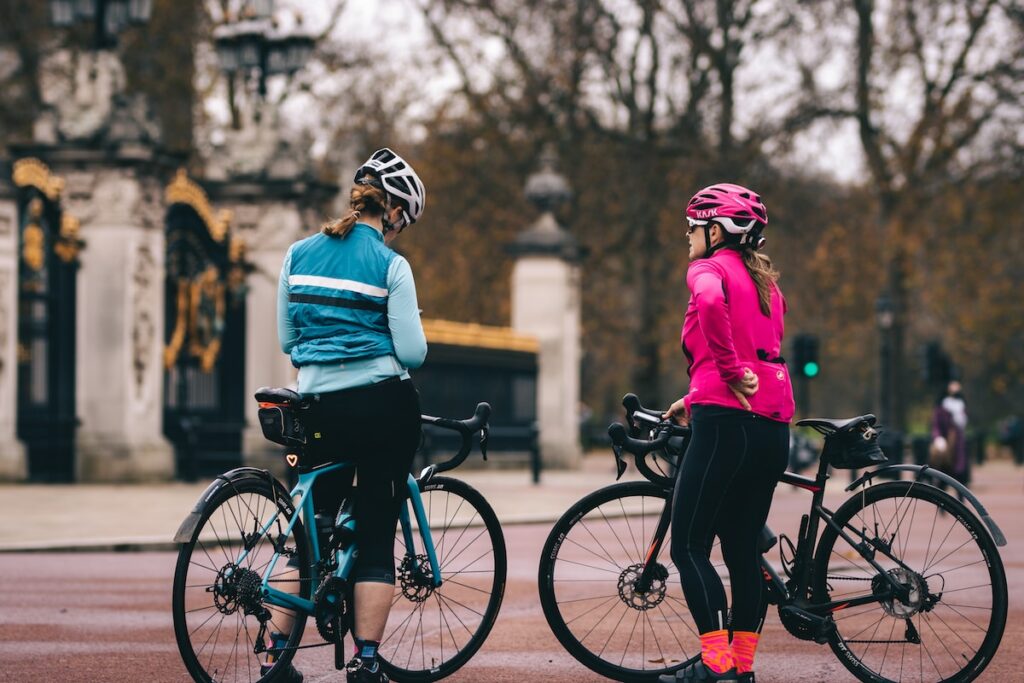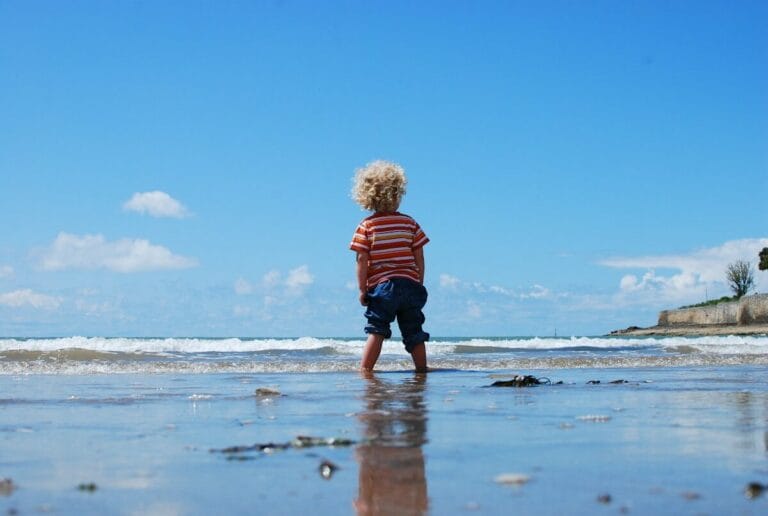The Art of Doing Nothing on Spring Bank Holiday: Retreat Before You Move Forward
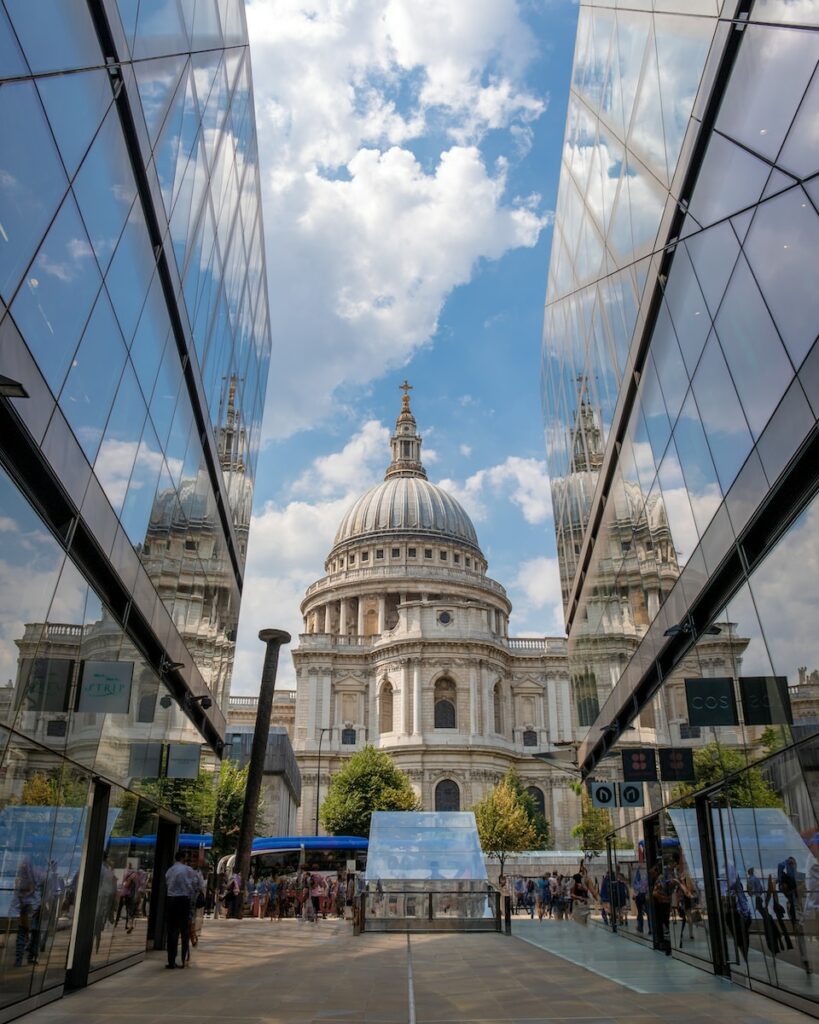
Finally, Summer is here! Knowing when to step back is just as important as knowing when to move forward. Before rushing into the calendar of this summer’s extraordinary travels, I decided to take the art of doing nothing more seriously on this Spring Bank Holiday.
In a world that often feels like it’s spinning too fast, where our calendars are filled to the brim and our minds are juggling countless tasks, embracing the gentle art of doing nothing is not just a choice, but a deeply compassionate act towards yourself and those you love. It’s a soulful whisper amidst the noise, reminding us that we are human beings, not human doings.
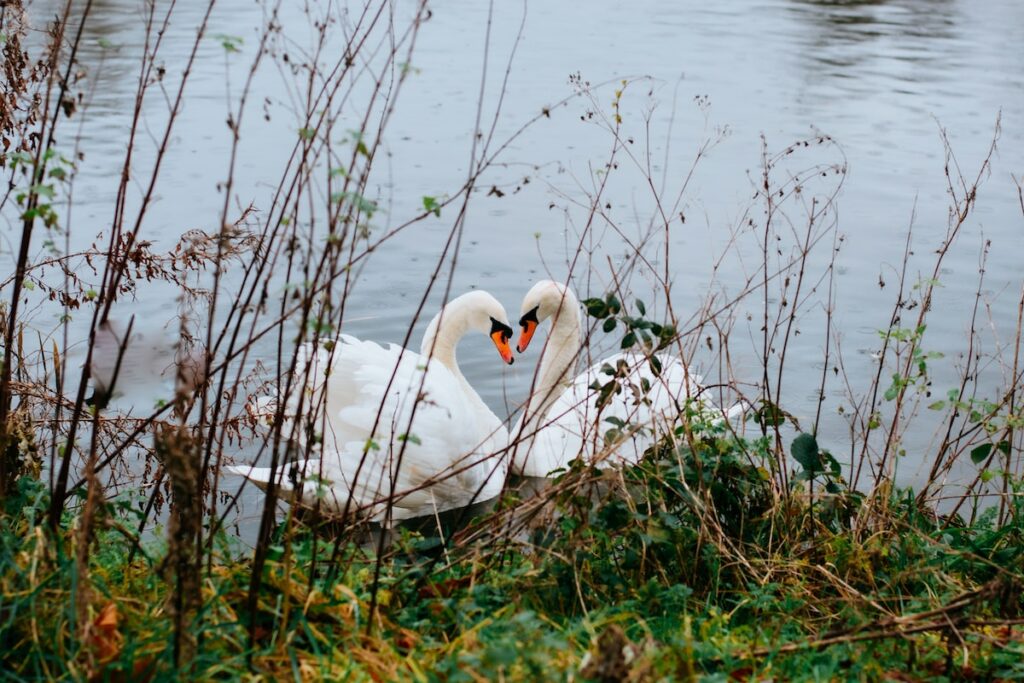
The rhythm of modern life can often leave us feeling like the hamster on a wheel, ever running but never arriving. In fact, studies by the American Psychological Association show that nearly half of us feel a lot more stressed than we did just five years ago, and a startling number of us forget to have fun due to time constraints. It’s clear that a relentless pursuit of productivity is taking a toll on your wellbeing.
But, when we courageously choose to step off this relentless treadmill, to carve out a sacred space where we can just be, something transformative happens within us. Neuroscience tells us that our brain, when we are at rest or unfocused on the external world, enters a state known as the default mode network (DMN). It’s like a backstage crew that works diligently when the spotlight of our focused attention is switched off.
In this tranquil state, your brain have the opportunity to weave together memories, process emotions, and even spark your creative flame. Research from the University of Southern California found that allowing our minds to wander fosters a form of creative problem-solving, opening up new pathways of thinking and innovation.
The practise of doing nothing has been linked to significant improvements in mental health. Leisure activities, including doing nothing, are found to reduce stress levels, lower blood pressure, and decrease cortisol levels, the body’s primary stress hormone.
So, in choosing to do nothing, we’re choosing to do something profoundly healing for ourselves. It’s a kind, gentle embrace of our own humanity, a nurturing acknowledgement of our need for rest and rejuvenation. It’s a sacred space where we are free to just exist, without expectation or judgement. So dear friend, let’s honour ourselves by occasionally stepping back from the whirlwind of life, allowing ourselves the compassionate joy of sweet, transformative idleness. Because in this space of nothingness, we often find our truest something – our authentic self. The world can and will carry on, so take this moment for yourself. You are worth this act of kindness.
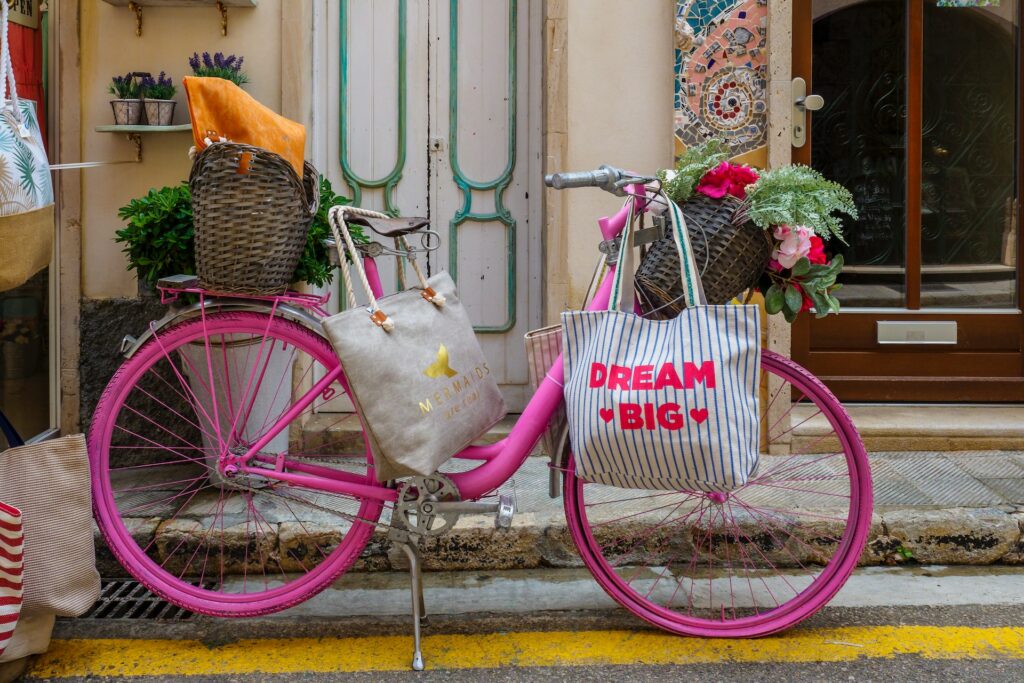
A brief history of bank holiday, doing nothing and retreat before moving forward
Bank holidays are public holidays in the United Kingdom, when banks and many other businesses are closed for the day. They have been part of British life since 1871, when they were first established by the Bank Holidays Act introduced by Sir John Lubbock, a British banker, scientist, and Liberal politician. The original purpose was to provide bank employees with several fixed days off throughout the year, including Easter Monday, Whit Monday, the first Monday in August, and Boxing Day.
The name ‘Bank holiday‘ emerged because when the banks closed, all other businesses would also shut down for the day, thereby creating a public holiday for everyone. Over time, the number of bank holidays has increased, and the specific dates have changed. For example, the May Day bank holiday was not introduced until 1978, and the Whitsun bank holiday was officially replaced with the Late Spring Bank Holiday in 1971.
Bank holidays offer people a chance to unwind from the daily grind of work and to create space for other important aspects of life. They often provide opportunities to spend quality time with family and friends, engage in leisure activities, or attend special events and celebrations.
These public holidays can also serve as pivotal moments of rest and reflection. They’re a chance to relax, to recharge, and to rejuvenate physically and mentally. The time off work can lead to increased productivity and job satisfaction, making bank holidays beneficial for both employees and employers.
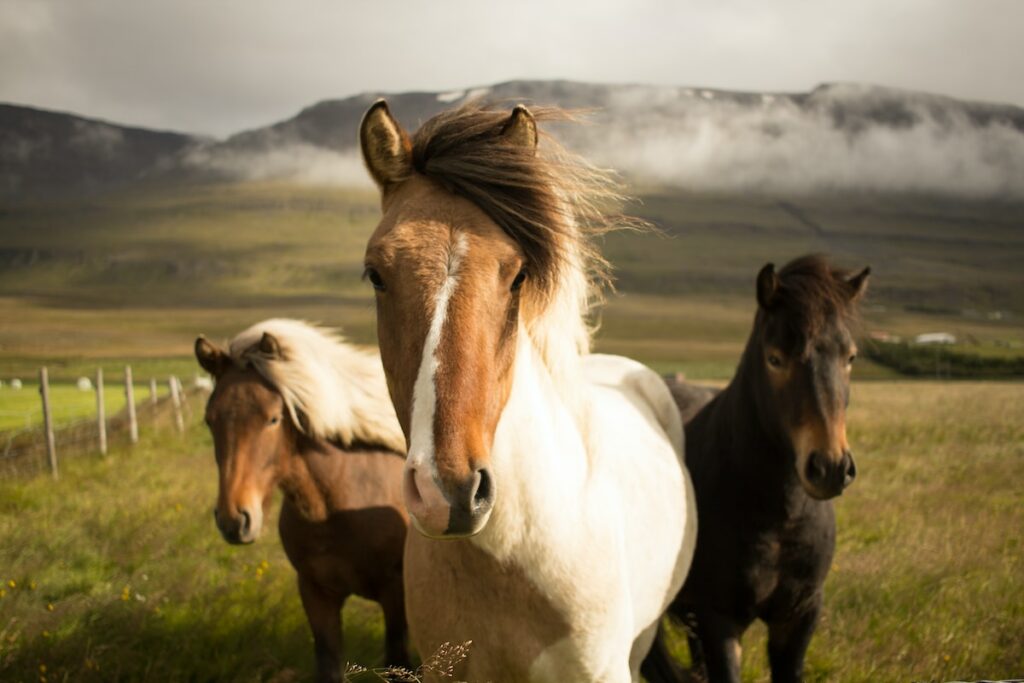
Bank holidays often add a sense of community spirit. They can bring people together through local festivals, parades, and other communal activities. This helps strengthen social ties and encourages a sense of belonging within communities.
In essence, bank holidays provide a break from the everyday routine, offering opportunities for relaxation, connection, and joy. They serve as a reminder of the importance of balancing work with rest and leisure, and they bring a rhythm to the year, marking the change of seasons and the passage of time. So whether it’s a quiet day at home, a family outing, or a lively local event, bank holidays are a much-anticipated pause in our busy lives and a chance to make the most of our time. This year we had an extra bank holiday for King Charles III Coronation and had the chance to experience more royal colours of joy and celebrations.
There are times when we find ourselves standing at the junction of a great challenge or decision. It could be a significant career move, a critical relationship choice, or a substantial personal change. It may seem that charging forward is the only option, that retreating would be a sign of weakness. But, just as on the battlefield, strategic retreats in life can be incredibly beneficial.
Retreating allows us the chance to gather our thoughts, to reflect upon our strategies, and to approach the challenge from a renewed perspective. It provides us the space to manage our resources better, to heal and recuperate, to gather strength for the road ahead. It helps us avoid rash decisions, offering time to gain more information, seek advice, and make careful, considered choices.
Retreat before battle, is a powerful strategy, a better understanding of the fact that victory is not always about the force of charging ahead but also about the freedom to pause, reassess, and regroup. It underlines the fact that sometimes, the way forward begins with a step back.
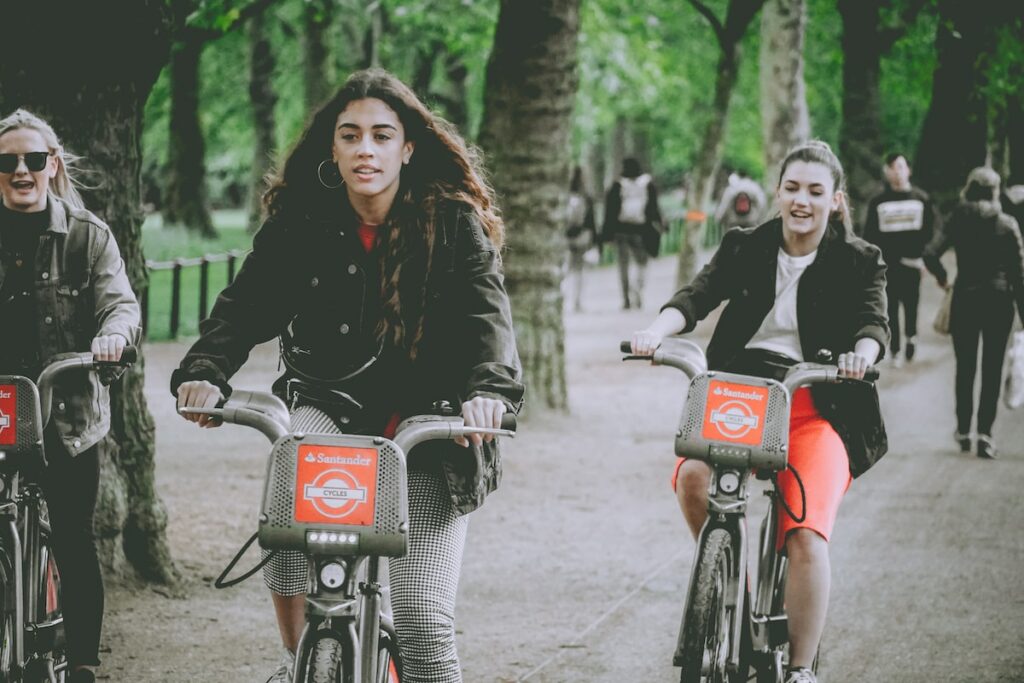
The art of doing nothing on Spring Bank Holiday: self-guided cycling tours
Cycling and walking are my favourite ways of doing nothing- a wonderful chance to explore London, discover the city from a different perspective. Less is more and you cover more ground cycling than driving, and even add a bit of exercise to your sightseeing itinerary. Here are some insights about cycling tours in London, if you are just visiting or don’t own a bike:
Renting a bike and exploring the city on your own can be an appealing option if you prefer to set your own pace and route. London’s cycle hire network provides an affordable and convenient way to jump on a bike. You can rent a bike from any docking station and return it to any docking station in the city.
Some routes to consider for a self-guided tour include:
Royal Parks Route: This scenic route takes you through several of London’s Royal Parks, including Hyde Park, Kensington Gardens, Green Park, and St. James’s Park. Along the way, you can enjoy London’s natural beauty and iconic landmarks like Buckingham Palace.
Thames Path: Much of the Thames Path is accessible to cyclists, offering a route that winds its way along the river. This route offers views of the London Eye, the Tower of London, and Tower Bridge, among other sights.
Regent’s Canal Path: This route takes you along the peaceful Regent’s Canal, from Paddington to Limehouse Basin. Along the way, you can enjoy sights like the London Zoo, Camden Market, and Victoria Park.
Remember that in London we drive ‘on the other side’ and you’re familiar with the UK’s road laws and cycling etiquette before you start your tour, and always wear a helmet for safety. Additionally, bear in mind that some parts of London can become quite congested, so always stay alert and aware of your surroundings while cycling.
I find these tours easy to follow. I hope you turned this Spring bank holiday into a peaceful retreat as a compassionate gift to yourself. Recharge your spirit, nourish your soul, and step into the upcoming season with renewed energy, peace, and joy.
Do you want to share your story and inspire our readers ? Know that every story is paving the way for a brighter, happier future.
